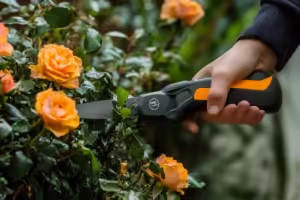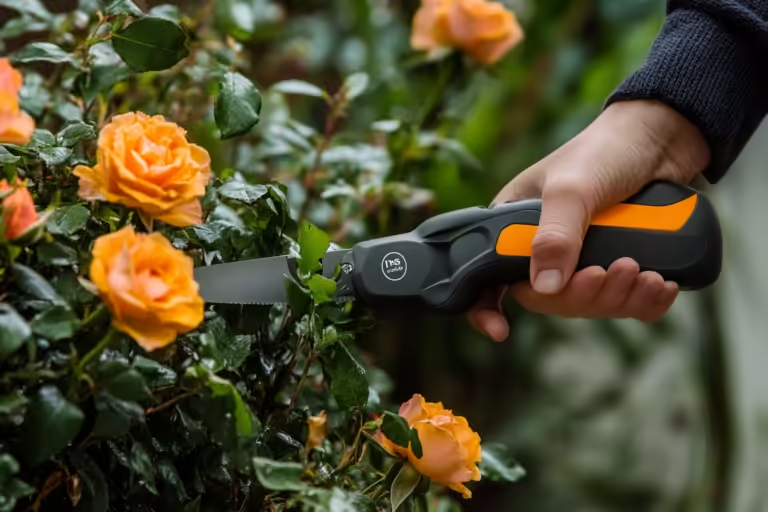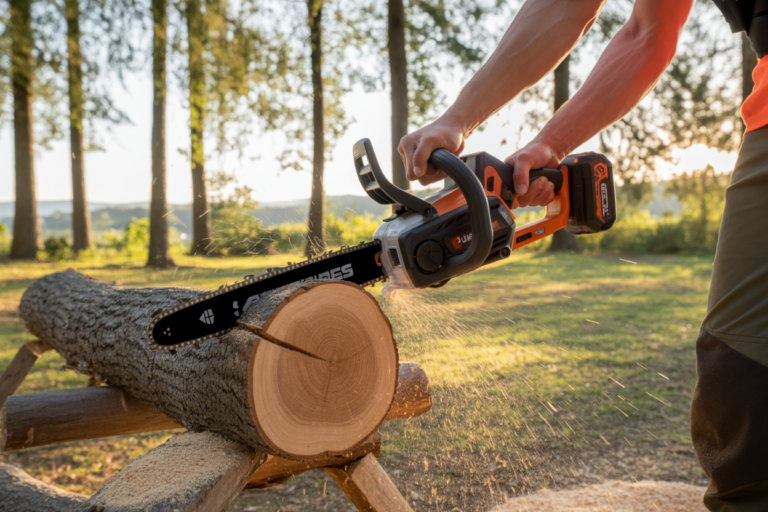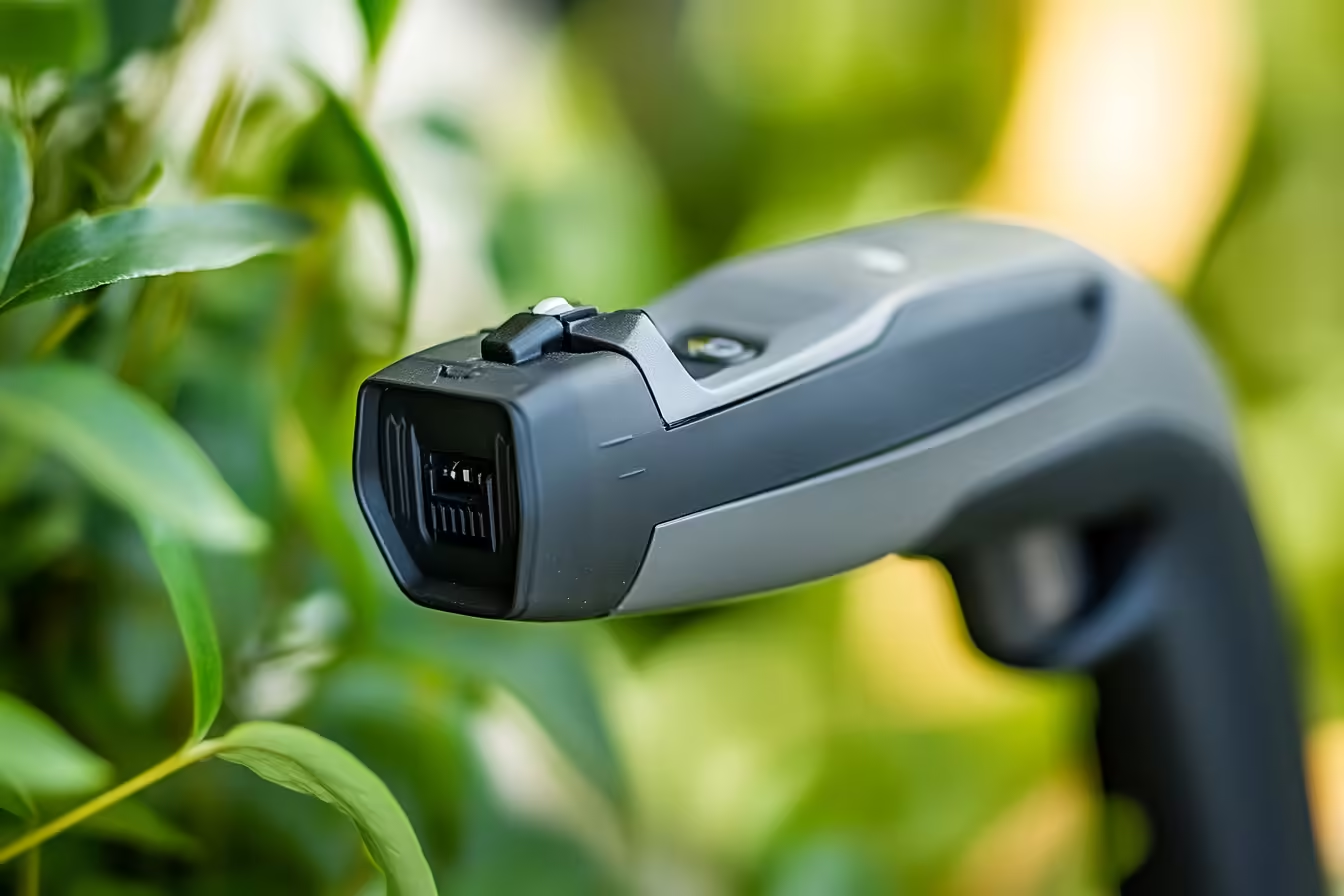
Lithium battery garden tools have taken the world by storm, offering an eco-friendly, powerful, and flexible solution for garden maintenance. But what really sets them apart?
Lithium battery garden tools provide efficient power, longer battery life, and reduced environmental impact, making them ideal for a wide range of garden tasks, from trimming to pruning.
Let’s dive into why these tools are worth the investment and how to choose the right ones for your needs.
What are the main advantages of lithium-ion batteries?
Lithium-ion batteries bring several advantages to garden tools, notably long battery life, high energy density, and fast charging capabilities.
Lithium-ion batteries offer efficient energy storage, extended run time, and minimal weight, making garden tools easier to handle and maintain.
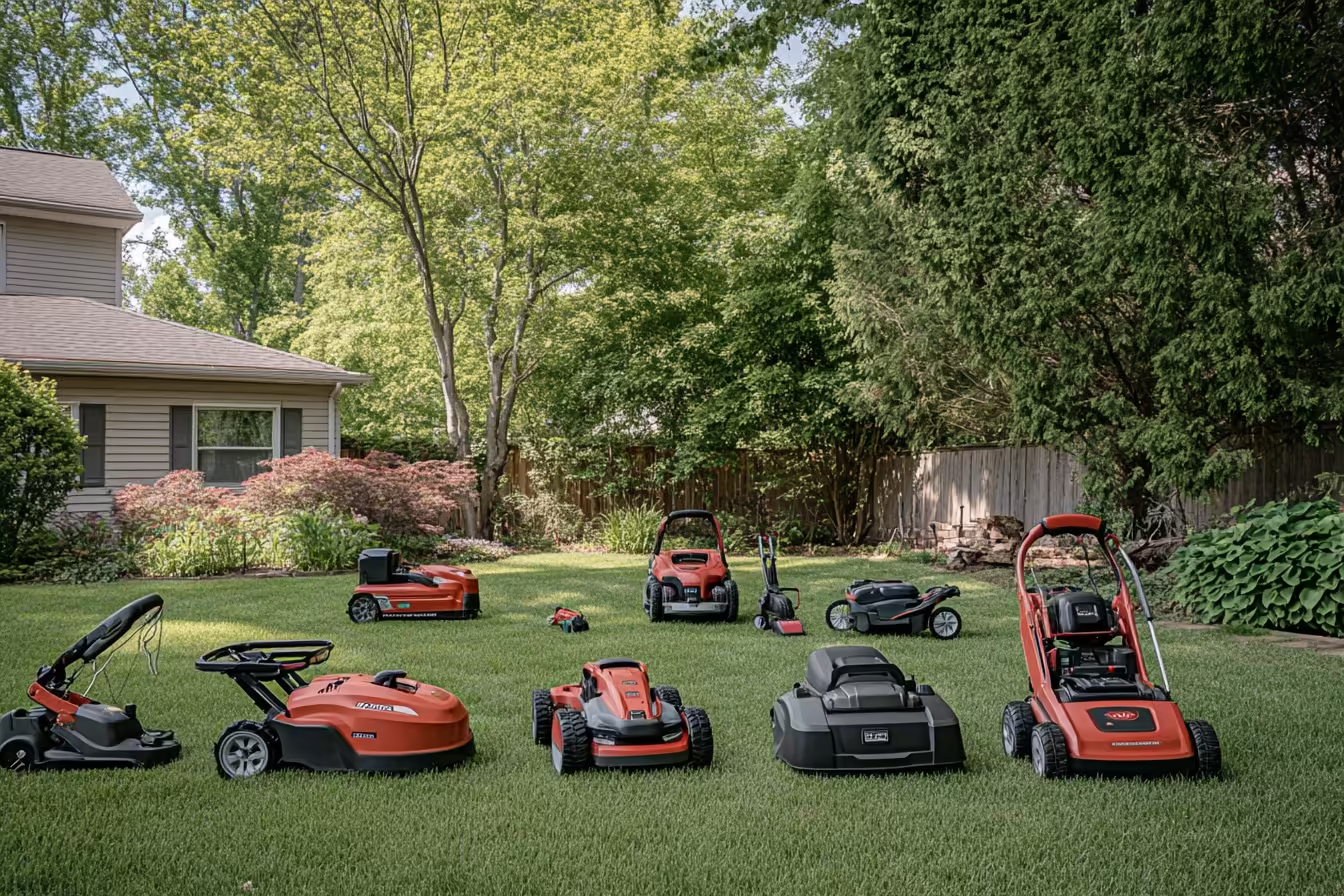
When it comes to cordless garden tools, battery life and power delivery are essential. Lithium-ion batteries provide a high energy density, meaning they store a lot of power in a compact form. This allows for extended working time without adding unnecessary weight, so handling tools like a cordless trimmer or hedge cutter feels effortless. Another key advantage is that lithium-ion batteries charge quickly, saving time compared to traditional batteries.
Additionally, these batteries maintain consistent power output even when the battery charge level drops—so you won’t feel a noticeable decline in performance midway through trimming your hedges or mowing the lawn. With their long lifespan, lithium batteries reduce the frequency of replacements, lowering costs and environmental impact over time.
What are lithium batteries best used for?
Lithium batteries shine in portable applications that require reliable power without frequent recharging, especially in outdoor garden tools.
Lithium batteries excel in devices where high portability and consistent power are crucial, such as cordless garden and landscaping tools.
Whether you’re tackling overgrown weeds or pruning branches, lithium-powered tools enable you to move freely without the hassle of extension cords. This flexibility is invaluable when covering larger spaces or accessing hard-to-reach areas. In tools like leaf blowers, lawn mowers, and chainsaws, the lightweight yet powerful lithium batteries are designed to handle demanding tasks.
If you’re a professional landscaper or an avid gardener, you’ll appreciate the long-lasting performance these batteries provide, helping you power through tasks efficiently. Plus, lithium batteries are well-suited for high-drain devices, meaning they’re perfect for tools that require significant power, such as cordless lawnmowers.
What are the two types of lithium batteries: lithium-ion and lithium metal?
Lithium-ion and lithium-metal batteries differ mainly in composition, application, and rechargeability.
Lithium-ion batteries are rechargeable and commonly used in garden tools, while lithium-metal batteries are non-rechargeable and used in specialized devices.
The primary difference between lithium-ion1 and lithium-metal batteries lies in their reusability. Lithium-ion batteries, commonly found in garden tools, are rechargeable, making them cost-effective and sustainable over time. They rely on lithium compounds and are designed for devices requiring frequent charging and discharging, which is perfect for regular gardening work.
Lithium-metal batteries, however, are typically non-rechargeable2 and are often used in devices that demand a high, steady power output but don’t require frequent recharging, like medical equipment. Although powerful, they’re not suitable for applications where frequent recharges are needed, making lithium-ion batteries the go-to choice for garden tools.
What are the environmental benefits of lithium batteries?
Lithium batteries contribute to a reduction in greenhouse gas emissions and encourage more sustainable energy use in power tools.
Lithium batteries support environmental sustainability by offering cleaner energy storage and reducing reliance on fossil fuels in outdoor tools.
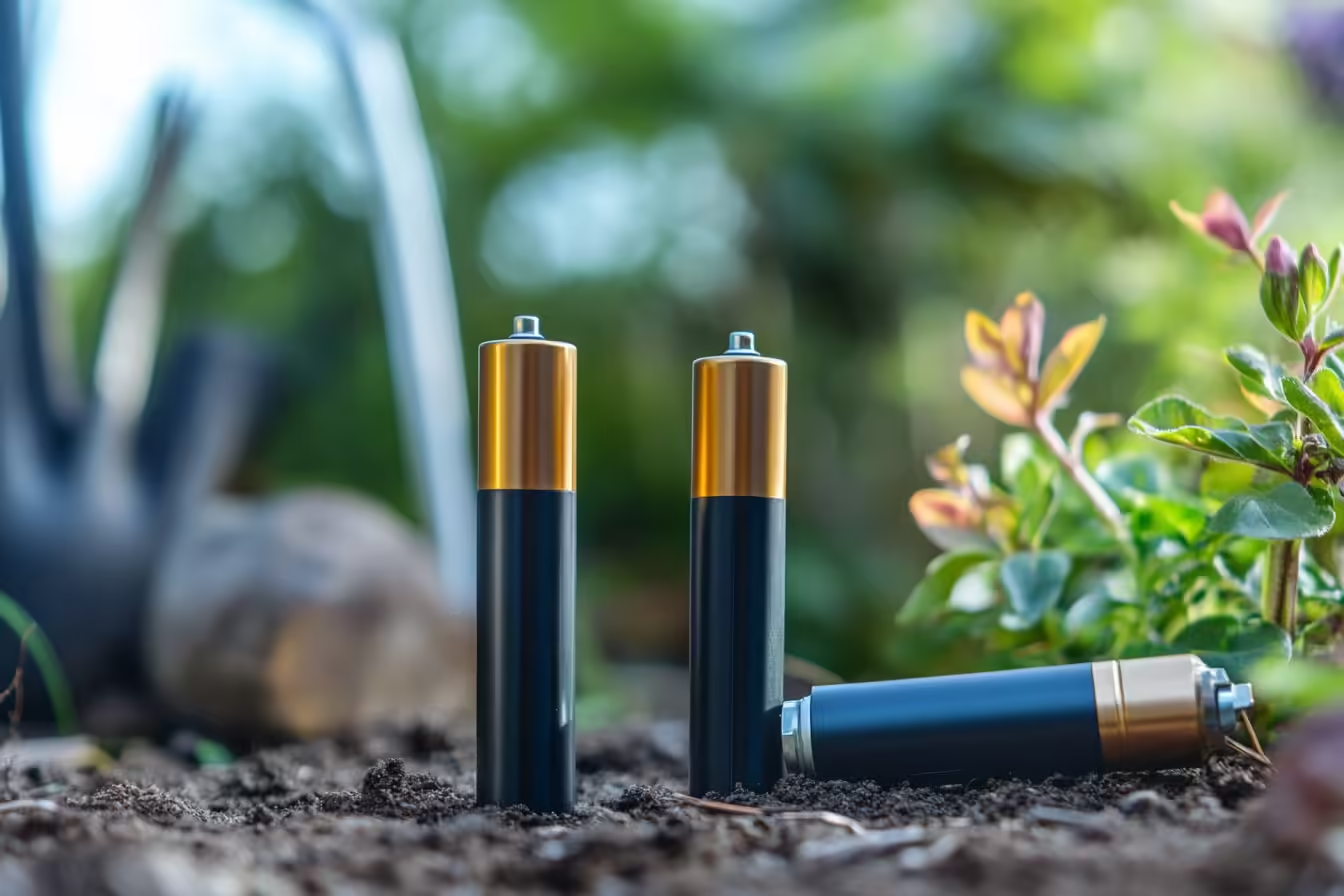
Switching from gas-powered to battery-powered tools significantly cuts down greenhouse gas emissions. Since lithium batteries power many cordless garden tools, they minimize the carbon footprint associated with fuel-based equipment. Moreover, lithium batteries are recyclable, and many manufacturers are advancing their recycling programs to reduce waste.
By choosing lithium battery garden tools, you’re supporting a cleaner environment. With less noise pollution and zero direct emissions, they also create a more enjoyable work environment for you and those around you.
What are the standards of supplier selection?
Selecting a reliable supplier involves evaluating quality, certifications, and after-sales support to ensure long-lasting partnerships.
The best suppliers provide certified, high-quality lithium battery tools, responsive support, and strong logistics capabilities.
For a successful partnership, assess potential suppliers on several fronts. First, check for certifications that guarantee product safety and quality. Look for standards such as ISO 9001 or CE marking, which indicate compliance with industry regulations. Reliability in logistics and delivery times is another critical factor, especially for importers concerned about seasonal demand fluctuations.
Also, assess the supplier's after-sales service. Responsive customer support can help resolve issues quickly, saving time and money in the long run. Building a relationship with suppliers who are transparent about production capabilities and delivery timelines can make all the difference, particularly for businesses that depend on timely shipments.
Conclusion
Lithium battery garden tools offer unmatched convenience, performance, and sustainability—making them the future of gardening.
-
Adding this link allows the reader to quickly understand the specific advantages of lithium-ion batteries for gardening, especially in terms of their reusability and cost-effectiveness. ↩
-
This link helps clarify why lithium-metal batteries are typically single-use and identifies why they are favored in high-power applications like medical devices. ↩



